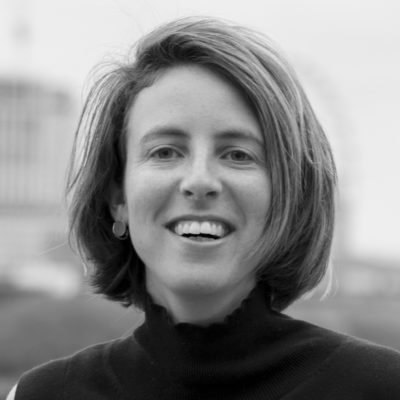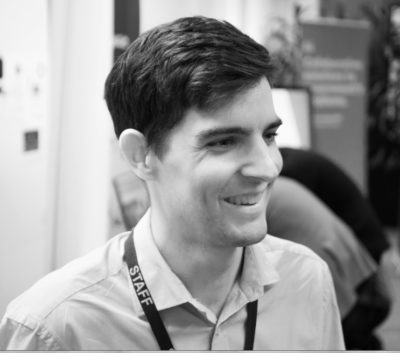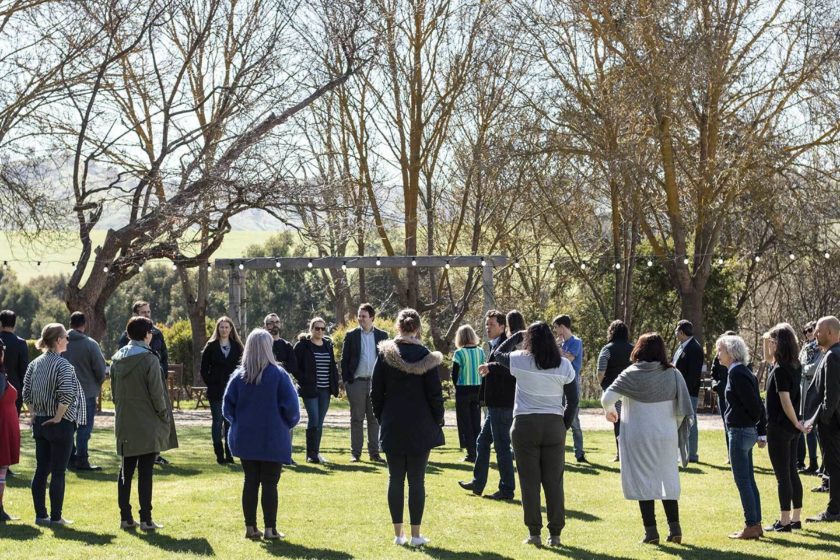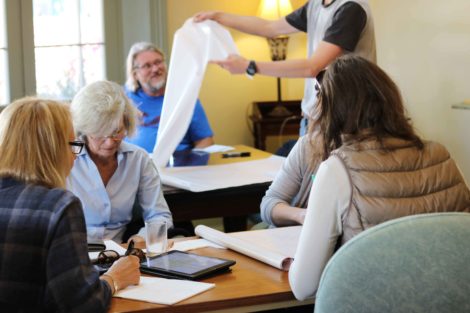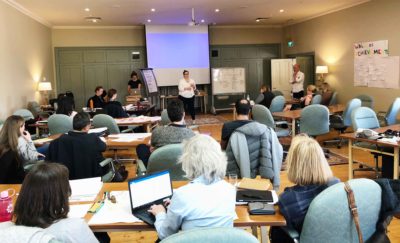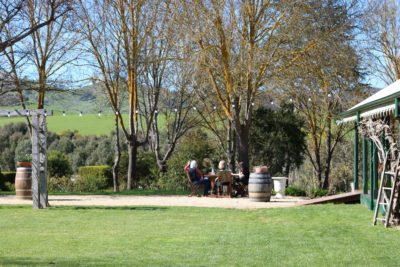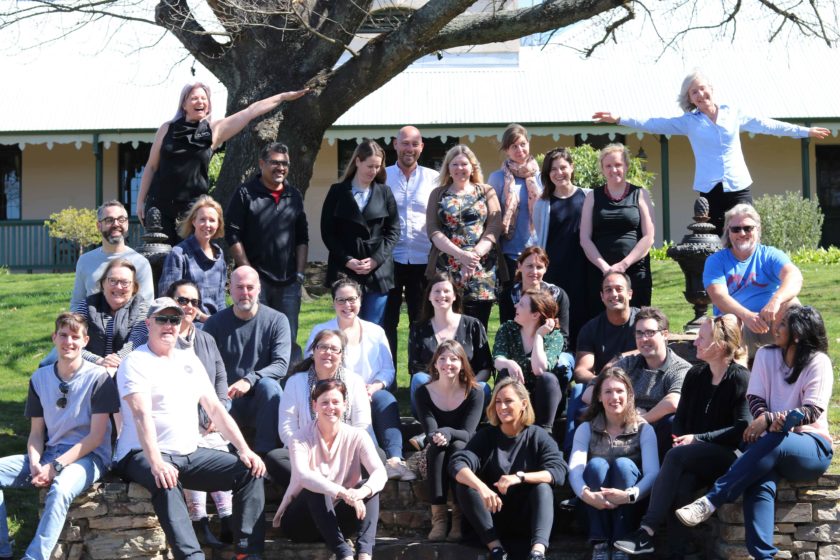As part of the activation phase of the States of Change learning program in Victoria, we took a group of public servants out of their usual environment to pause, reflect and consider their role in the broader transformation of the Victorian public sector.
What did we need to reflect on?
Six months ago, when the Victorian cohort first came together we asked them where they wanted to be at the end of the learning program. Back then we heard about their hopes to:
- increase their confidence in new ways of working
- change their perspective on failure and uncertainty
- navigate their environments better
- use, apply and share their learnings
Since then we have seen the teams go through the Fundamentals phase of the program covering three categories of experimentation: explore, trial and error and validate. Along the journey we have seen some teams gain or lose members, some have changed their reporting line, and others experienced changes to funding decisions. We have seen teams go boldly into new forms of engagement with citizens and demonstrate different ways of approaching problems to executives.
Taking stock in September for the retreat was a time for the participants to pause in amongst the action, and critically reflect on their journey so far, and how close they were to their original goals, and importantly, what this process has meant on a personal level. What changes have they seen in themselves; as to who they were, who they are, and looking ahead who do they want to be?
But finding time to reflect is really, really hard!
Taking a group of busy public servants out of their day job for two days to reflect on what they have learnt can be a big ask! Particularly when reflection is often seen as a soft activity where people are encouraged to talk only about their feelings with no action or outcome. We have found consistently across the program the difficulty teams have had in carving out dedicated time to consistently reflect on their work, their ambitions and the outcomes they are creating. Rarer still, is finding time for individual reflection on who they are and who they want to be as a public servant.
Why do we ask people to reflect?
Reflecting is a vital part of learning. Asking stretched government teams to try new ways of working and to rehearse new behaviours without providing that time for reflection, will stop learning in its tracks. We need to make time to allow learning to sink in.
Throughout the program we have been rehearsing different forms of reflection, starting each training week off with an ‘EQ’ check-in, ending each day with a specific reflection question related to the day of learning. In between training weeks we have encouraged the use of reflection prompts and set some targeted reflection writing pieces. We have used the faculty throughout to demonstrate what different reflection styles might look like. Having a two day retreat isn’t going to provide all the answers, rather we encourage reflective practice as a mindset. It should not be a one-off activity, only possible over a two day retreat. Rather a habit; acting, reflecting, learning - repeat.
That being said, we were certainly keen to make the most of the space and opportunity to have the cohort all together!
So what did we do?
We took these busy public servants out of the city to a venue in regional Victoria, a space free from the constraints of their day job. We designed the retreat around the following layers:
- Reflecting on the journey: to strengthen learning by reflecting on experiences and how participants have developed as public innovators.
- Reflecting on the project: taking stock and planning ahead towards the end of the program.
- Reflecting on the cohort: strengthening relationships and establishing a safe space and support network to continue beyond the program.
On the first morning, we took stock of where the teams were up to; what new or familiar challenges they were facing; and importantly, what successes (no matter how small!) in the last few months they could be proud of.
In the afternoon, we presented a series of reflection prompts, starting with 'what's gone well', 'what hasn't gone well' and all the way through to the big one: 'how have my worldviews and beliefs changed'. This was designed around single loop and double loop learning where we took the participants from reflecting on action, to reflecting on their underlying beliefs and assumptions that can inform their actions and motivations.
The second day was focused on lifting the view up, beyond the team learning and project outcomes, to how these experiences are contributing to the broader transformation of the Victorian public sector, and the role that each member of the cohort has to play individually and collectively. We took advantage of the time we had together, and linking with the deep (and sometimes personal) conversation from the day before, prompted the group with one simple statement: what contribution do you want to make to this change?
This prompted a candid and energising conversation about legacy. All across the Victorian public sector there are layers of activity, finding new ways to create better outcomes for Victorians.
To mention only a few:
- Leaders are getting trained in the value of different approaches through the Victorian Leadership Academy, introducing new ways of working and capabilities like behavioural insights, data analytics and tech literacy.
- Inter-jurisdictional links are being created across Australia and globally with ongoing conversations about the ‘future of government’ and how governments are transforming themselves to better serve citizens.
- An upcoming Innovation Festival will profile practical innovation from across all departments and agencies, celebrating new approaches and projects from all corners of government.
Understanding their role in this transformation, enabled all participating teams to identify some practical, ‘can-do’ steps on how they might embed their experiences and desire to work differently inside government. Across the cohort it was great to see the recognition that collectively, with each small step, they can build their own momentum.
After a full two days of reflection exercises, we left the cohort with one last prompt to reflect on personally over the coming months; “what do I want my legacy to be?”. We are excited to watch what happens over the next few years to find out.
